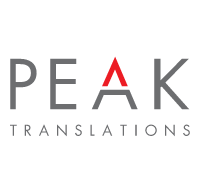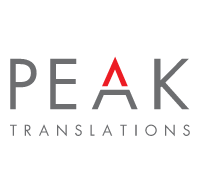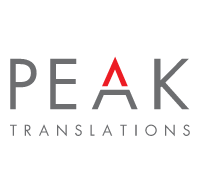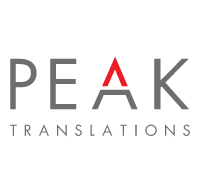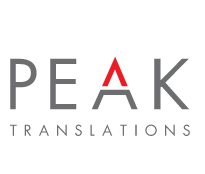Government must protect language skills when negotiating Brexit - Peak Translations
24 November 2016In the aftermath of Britain’s decision to leave the EU, Peak Translations urge further support of the All-Party Parliamentary Group (APPG) checklist for protecting language skills in the UK to ensure public and private organisations have access to quality interpreting and translation services.
The possibility of emerging hostility in trade negotiations with European countries, for many British Industries, will mean that language services are now even more of a necessity.
However, British Prime Minister, Theresa May, recently shut down speculation that British officials would be forced to negotiate the UK’s ‘divorce’ with the EU in French. This hints at just how much Brexit negotiations could rely on professional translation services once article 50 is filed.
The following four actions, outlined in the document – ‘Brexit and Languages: A checklist for government negotiators and officials’ – released by the APPG, make recommendations to government to protect language skills in the UK:
1) Guaranteeing residency for EU nationals already living in the UK and safeguarding future recruitment of EU citizens to address the shortage of language skills.
2) Continuing full UK participation in the Erasmus+ programme.
3) Committing to legislate to replicate the rights enshrined in the 2010 European Directive on the Right to Interpretation and Translation in Criminal Proceedings.
4) A post-Brexit plan in education (from primary school to post-graduate research, including apprenticeships), business and the civil service, with specific actions to ensure the UK produces sufficient linguists to meet its future requirements as a leader in global trade and on the international stage.
Helen Provart, Managing Director of Peak Translations, commented: "Mastering a language takes years of dedication. Reducing the talent pool that our UK authorities and businesses have access to in this time of uncertainty makes little sense.
"One of our objectives for the future here at Peak Translations, is to provide support to the newly qualified interpreters and translation professionals by providing them with vital experience required to work in the sector.
"We must encourage our government to support vital language skills, whether through protecting EU Nationals in the profession, adhering to EU Directives or providing funding and support to teaching via programmes like Erasmus+."
Losing language experts, including translators and interpreters living in the UK, is a worrying prospect at a time where there is a skills gap rife across the sector. The possibility of weakening the UK’s capability when it comes to translation services is undesirable, to say the least.
This skills gap has been prevalent for some years. A deficit in language skills has caused complications across the private and public sectors, one of the highest profile cases being in UK Courtrooms. A lack of relevant skills has not only created delay and therefore financial issues but also those complications in compliance with the Human Rights Act 1998.
The recommendations from APPG are a necessary start to prevent further problems like this in other sectors of British industry that rely on language services.
There are hundreds of European Directives that affect the way business is conducted between the UK and Europe. For the language industry, an important directive that protects the vulnerable is the 2010 European Directive on the Right to Interpretation and Translation in Criminal Proceedings.
It states that:
"Interpretation must be provided free of charge to suspected or accused persons who do not speak or understand the language of the criminal proceeding including during:
- Police questioning.
- Essential meetings between clients and lawyers.
- All court hearings and any necessary interim hearings.
Suspected or accused persons who do not understand the language of proceedings must be provided with a written translation of documents that are essential for their defence:
- Any decision depriving a person of his or her liberty.
- Any charge or indictment.
- Any judgement."
For ministerial departments, businesses and organisations that conduct their business in multiple countries – there are many more legal and corporate requirements for translation.
These rules and regulations apply to EU and UK organisations and can be vital to the well-being of workers, such as the requirement for safety instructions and data to be translated for its audience, from users of machinery to the customers of the products they manufacture.
Peak Translations are a professional translation service that provide industry specialists who understand the technical context and terminology, ensuring accuracy, legal compliance and relevance of your content to make it easy to understand.

